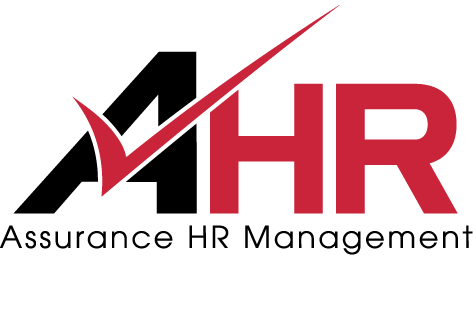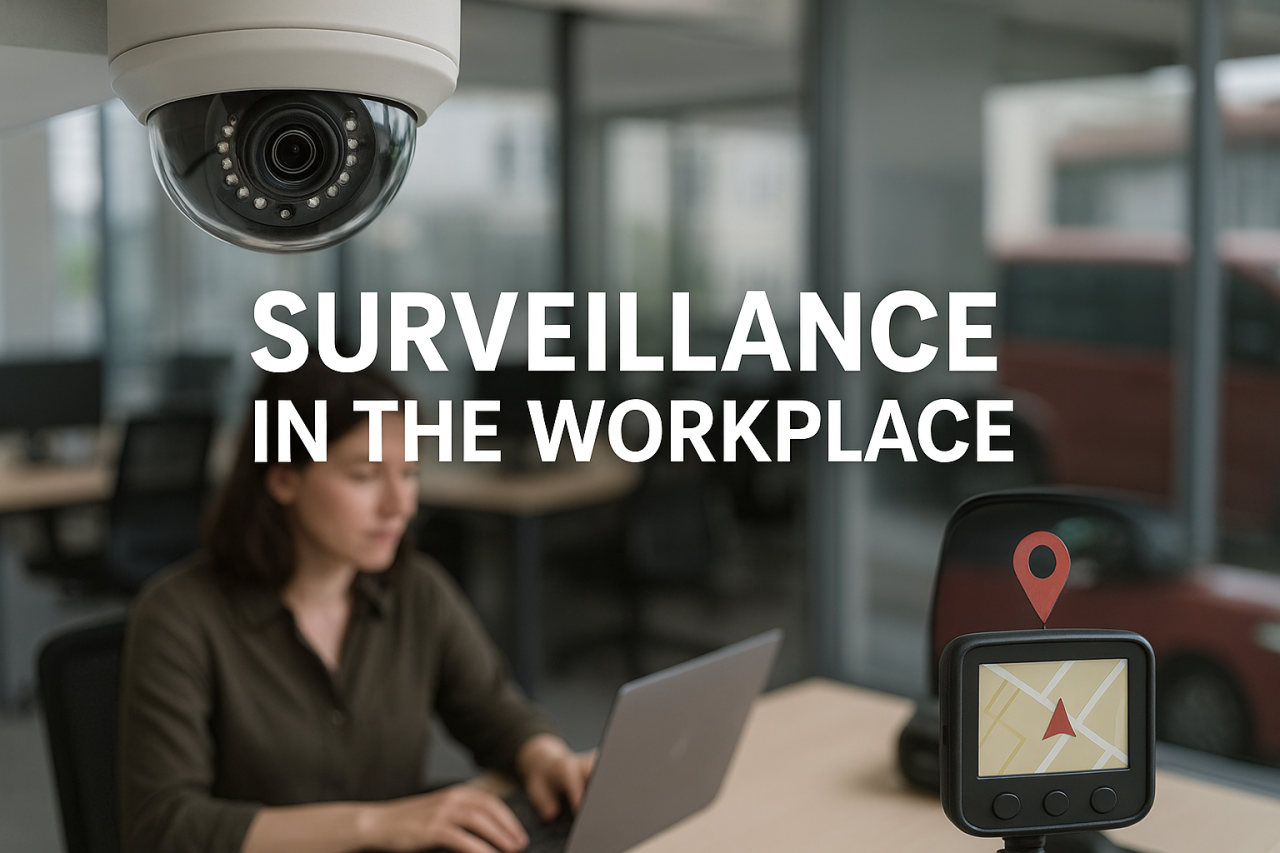FWC Unfair Dismissal Redundancy: Misconduct vs. Genuine Claims
The Fair Work Commission (FWC) recently decided an important case in the addiction treatment sector. In this FWC unfair dismissal redundancy matter, a worker argued her termination was unjust after her role became redundant. The case highlights critical lessons regarding redundancy processes, redeployment, and employee misconduct.
Is the Redundancy Genuine?
The employer, a therapeutic community facility, reviewed its staffing in early 2024. They found inefficiencies in how part-time support workers managed handovers. Consequently, the employer replaced two part-time roles with one full-time senior position.
The worker applied for this new role but did not get the job. As a result, the employer terminated her employment on April 5, 2024. This specific FWC unfair dismissal redundancy claim rested on whether the redundancy was “genuine” and if the employer met its consultation duties.
The Impact of Employee Misconduct
A major twist occurred just before the worker’s final day. The employer discovered the worker sent 46 emails containing sensitive client information to her personal account. She claimed she wanted to “prove her competency,” but the FWC disagreed.
The Commission described her actions as self-serving. This discovery fundamentally changed the FWC unfair dismissal redundancy landscape. Even though the redundancy process started first, the misconduct provided a valid reason for dismissal.
FWC Ruling on Redeployment Obligations
Usually, an employer must consider redeployment for a redundancy to be “genuine.” However, the worker’s breach of privacy changed the requirements. The FWC determined that redeploying the worker was not reasonable due to her misconduct.
Ultimately, the FWC dismissed the claim. They ruled that the FWC unfair dismissal redundancy was valid. Furthermore, the FWC confirmed that employers may rely on misconduct discovered after a dismissal decision, provided it happened before the actual termination.
Key Takeaways for Employers
- Follow Proper Procedure: Always document staffing reviews and consultation steps.
- Maintain Professionalism: Employees must uphold their obligations until their very last minute on the clock.
- Review Conduct: Post-notice misconduct can legally justify a refusal to redeploy.
Disclaimer: This information was accurate at the time of writing and serves as general advice. For specific legal guidance, please call AHR on 1800 577 515.
For more information click here










